
Difference Between Moisturizer and Cream: A Complete Guide
Skincare brands offer countless products, each of which promises to hydrate and nurture. Products like moisturisers and creams are highly popular among them. However, are they the same, or is there any difference between moisturizer and cream?
While both products hydrate the skin, they have different textures, ingredients, and purposes. Knowing these differences will enable you to make the right choice depending on your skin type, climate, and skincare goals. This guide will show you how each works, their differences, and which one is best for your needs.
What is a moisturiser?
Moisturisers are the ultimate lightweight skincare product that hydrates the skin by locking in moisture. The benefits of moisturiser include restoring the skin's natural water content and fortifying its protective barrier.
How moisturisers hydrate and preserve the skin barrier
A strong skin barrier is crucial for healthy, youthful skin. Moisturisers work their magic by creating a thin barrier that retains moisture and prevents irritants from entering. Some formulations include ceramides, niacinamide, and other ingredients that fortify the skin's resilience and eliminate sensitivity.
What is a cream?
A cream is a moisturizer-heavy skin care product that provides substantial hydration and shielding. Its thicker texture means it is more slowly absorbed but provides long-lasting hydration. Creams are commonly used for specific skin issues like intense dryness, anti-ageing, and overnight repair.
When creams are used
People with dry or mature skin often favour creams as they replenish the moisture lost and aid in smoothing fine lines. Creams are often used at night since they give deep hydration as the skin heals overnight.
Moisturiser vs. cream - key differences
Now that we know what each product does, let's look at the moisturizer and cream difference in detail.
Texture: Lightweight (moisturiser) vs thick (cream)
One glaring contrast lies in their respective textures. Moisturisers are usually light and absorb easily, and creams have a thicker, richer texture. This is why moisturisers are great for everyday use, while creams are used for deep hydration.
Purpose: Hydration (moisturiser) vs deep nourishment (cream)
Moisturisers are designed to hydrate the skin and maintain a balanced moisture level, while creams are more nourishing and are used primarily for repair and restoration. If your skin is feeling tight or dehydrated, moisturiser will be adequate, but for persistent dryness, a cream may be required.
Ingredients: Water-based (moisturiser) vs. oil-based (cream)
Moisturisers are usually water-based, with elements such as aloe vera, hyaluronic acid, and light oils. Those with sensitive skin can use the acne moisturiser for adequate hydration with a soothing feeling. Creams, by contrast, include more occlusive agents that form a barrier to seal in moisture.
Usage: Daily hydration (moisturiser) vs. intense repair (cream)
A moisturiser can be used every day both during day and night. Creams are used for more intense repair. You will often come across creams for different times of the day, such as day cream or night cream.
Difference between face cream and moisturiser
Face creams and moisturisers can easily be confused with one another, but there is a difference between face cream and moisturizer. They work differently depending on skin type and formulation. The best option varies based on your skin's needs and how much hydration you need.
How they work differently for various skin types
If you have oily skin, you need a light, gel-based moisturiser. Can moisturiser cause acne? A lightweight formula that does not clog pores won't trigger breakouts. Dry skin requires rich creams. Combination skin might need both - a moisturiser for the T-zone and a cream for drier places like the cheeks.
Which one to choose for dry, oily, combination, and sensitive skin
- Dry Skin: Rich face cream
- Oily Skin: Lightweight moisturiser
- Combination Skin: Moisturiser (day) and cream (night)
- Sensitive Skin: Fragrance-free options in both
Difference between cold cream and moisturiser
If you've ever used cold cream, you probably noticed its rich, thick consistency. Cold face cream vs moisturizer, which is better?
Cold creams as occlusives for winter and dry skin
Cold creams work as occlusive barriers, meaning they lock in moisture and protect from harsh weather. They work especially well in winter when cold winds and indoor heating can suck moisture out of your skin.
Moisturisers as daily hydrating agents for all skin types
Moisturisers work on all skin types and can be used all year round. One of the benefits of moisturising face is that you get hydration without a greasy feeling. But cold creams are suitable only for dry skin.
Can I use face cream and moisturiser together?
Layering skincare products have great benefits, especially for dry skin. But applying them in the right sequence is crucial to maximise their advantages.
Should you apply face cream or moisturizer first? Applying a moisturiser beforehand helps to guarantee that the skin is properly hydrated. Applying a cream after it helps trap moisture, prevent dehydration, and encourage skin repair.
How to properly apply both products in a skincare routine
- Moisturise on clean skin to hydrate.
- Let it sit for a few minutes, then follow with a cream.
- Follow with sunscreen in the morning or an overnight cream at night.
Which is better – cream or moisturizer?
Your skin type, climate, and individual needs will help you determine the answer. In some cases, combining both can give the best of both worlds.
Based on skin type and skincare needs
If your skin feels tight or dehydrated, a moisturiser is sufficient. Choose a gel-based formula like the hyaluronic acid moisturiser. However, if your skin appears flaky, irritated, or rough, a cream might be necessary. Should you use cream or moisturizer for oily skin? A lightweight moisturiser might be better suited for oily skin.
Recommendations for different climates and seasons
- Summer: Lightweight moisturiser
- Winter: Cream for extra hydration
- Humid climates: Gel-based moisturiser
- Dry climates: Rich face cream
Conclusion
Choosing between a moisturiser and a cream depends on your skin's hydration needs, climate, and personal preference. While moisturisers offer lightweight hydration, creams provide intense nourishment and are particularly beneficial for dry or ageing skin.
FAQs
1. Can I use a moisturiser instead of a face cream?
Yes, if your skin only needs light hydration, a moisturiser is sufficient.
2. Which is better for dry skin: cream or moisturiser?
A cream is better for dry skin as it provides deep nourishment.
3. Can I use both moisturiser and cream in my skincare routine?
Yes, layering both can be beneficial for extra hydration and skin repair.
4. Does moisturiser or cream help with anti-ageing better?
Creams often contain anti-ageing ingredients like retinol, making them more effective.
5. Should I use a moisturiser in summer and cream in winter?
Yes, a moisturiser works best in warm weather, while a cream provides better protection in cold climates.








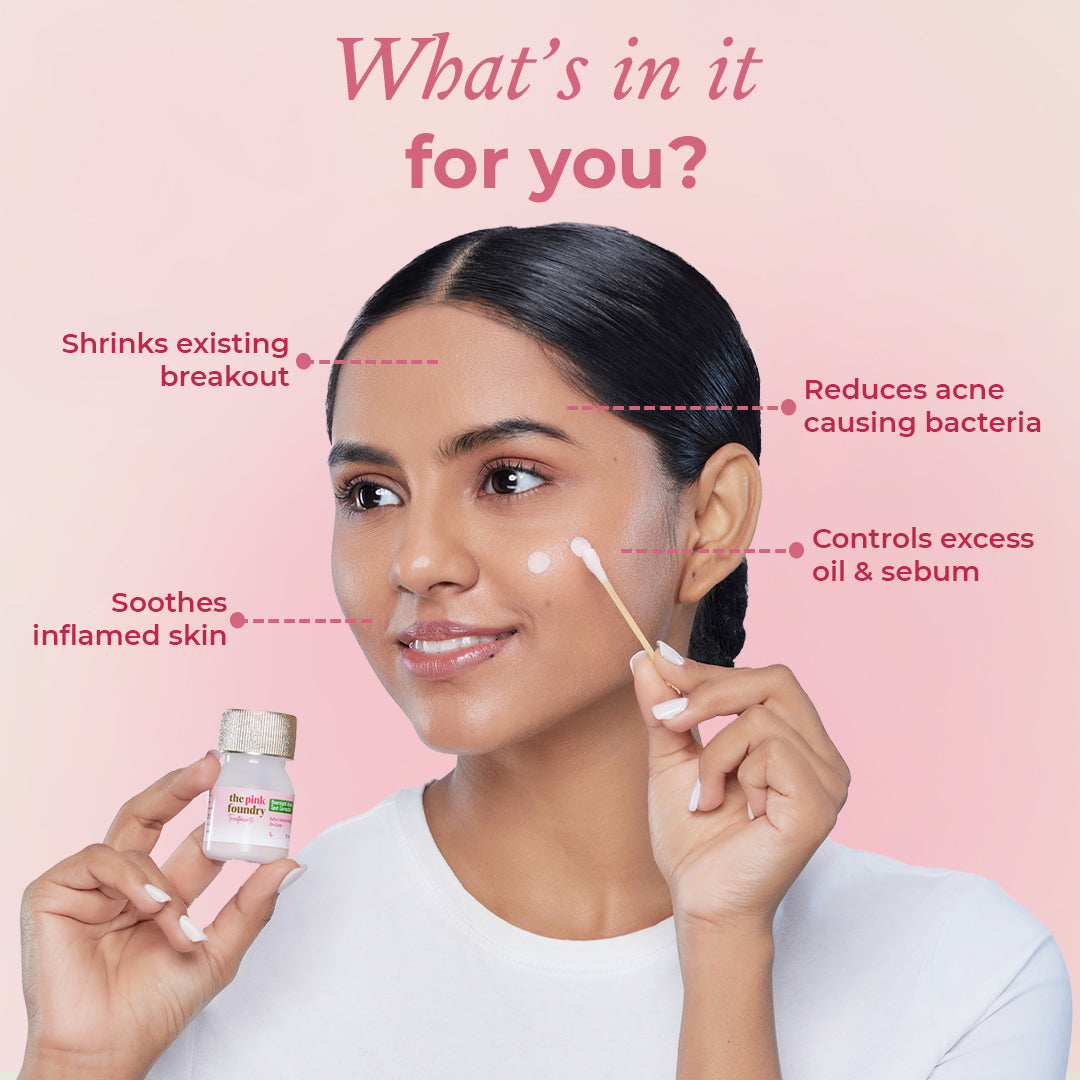
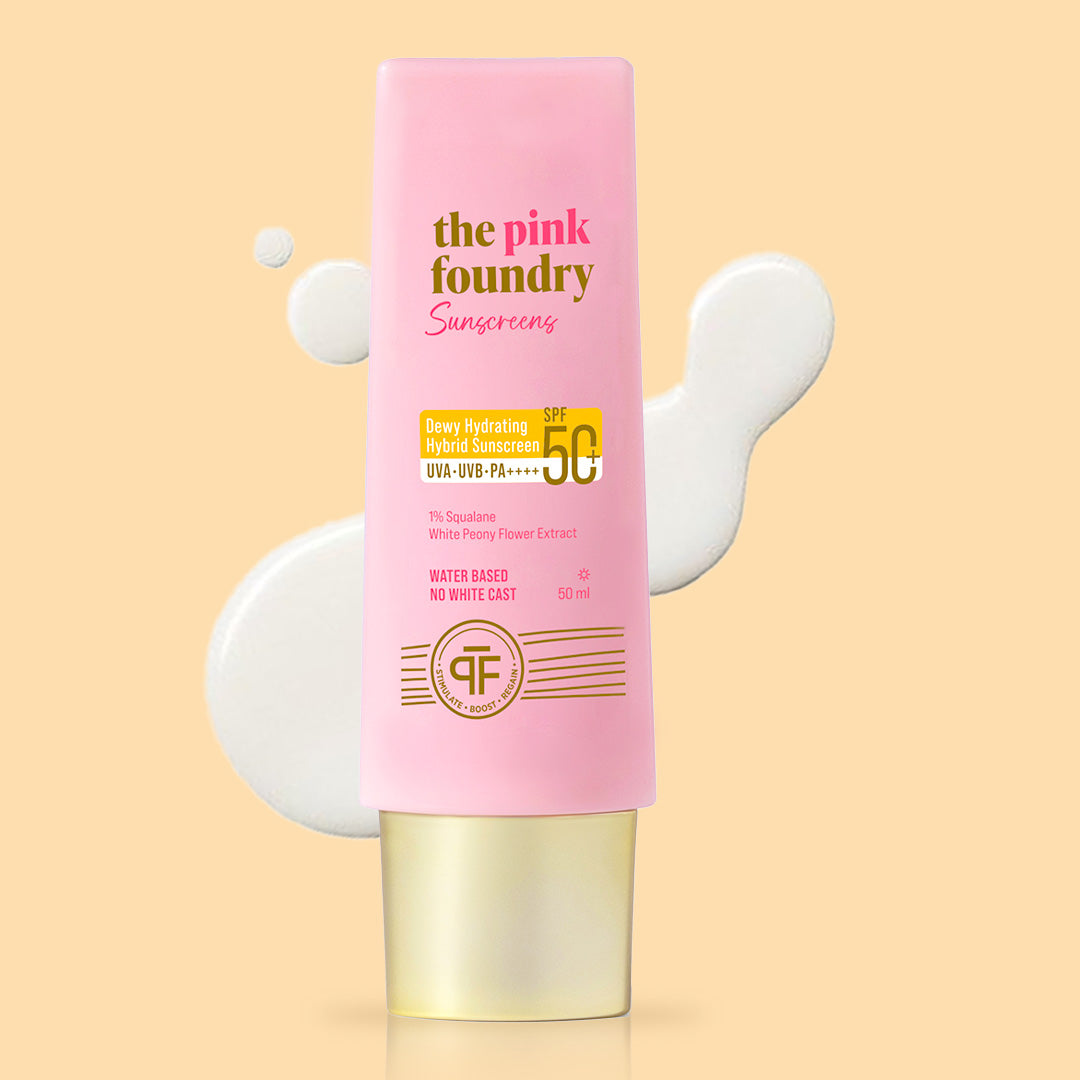
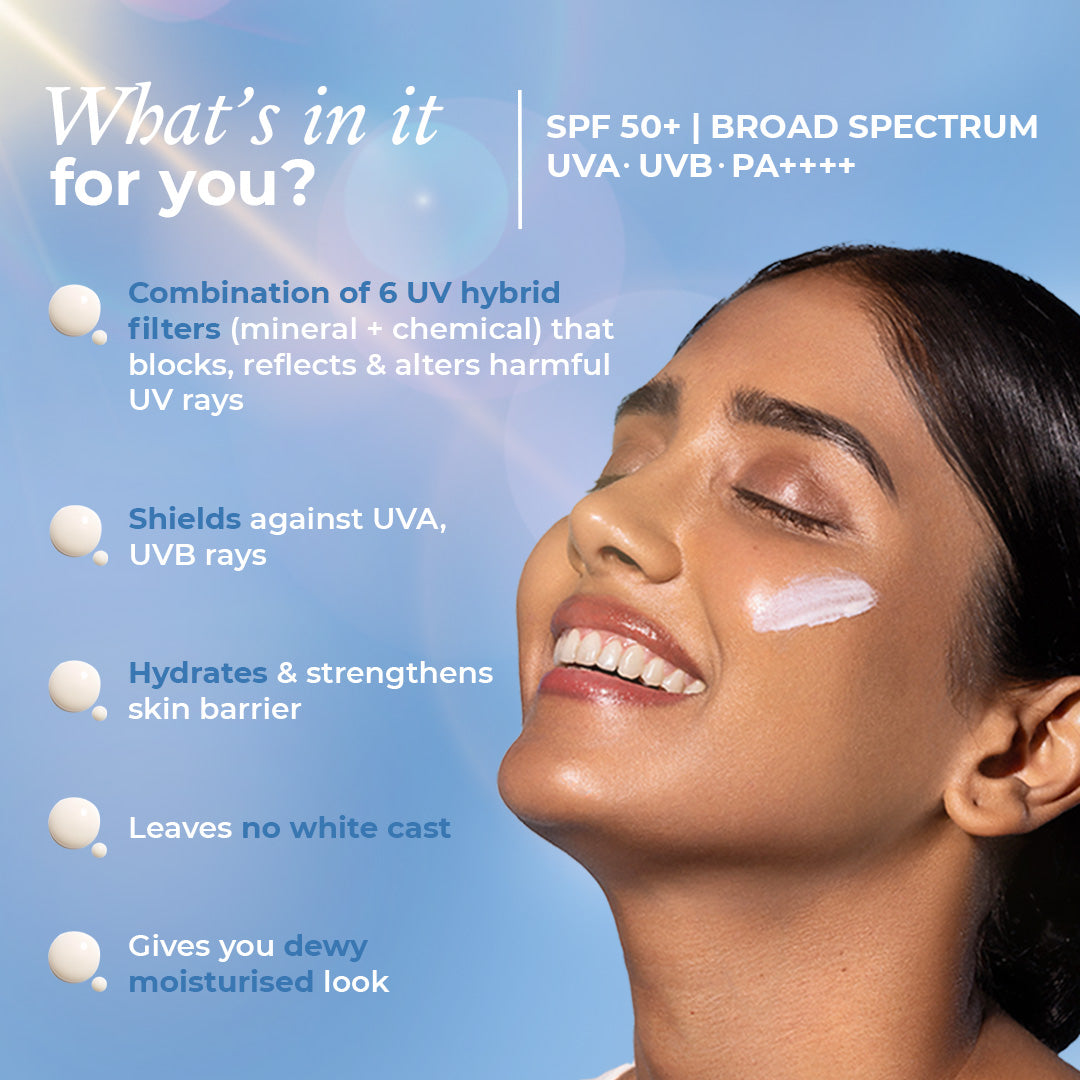


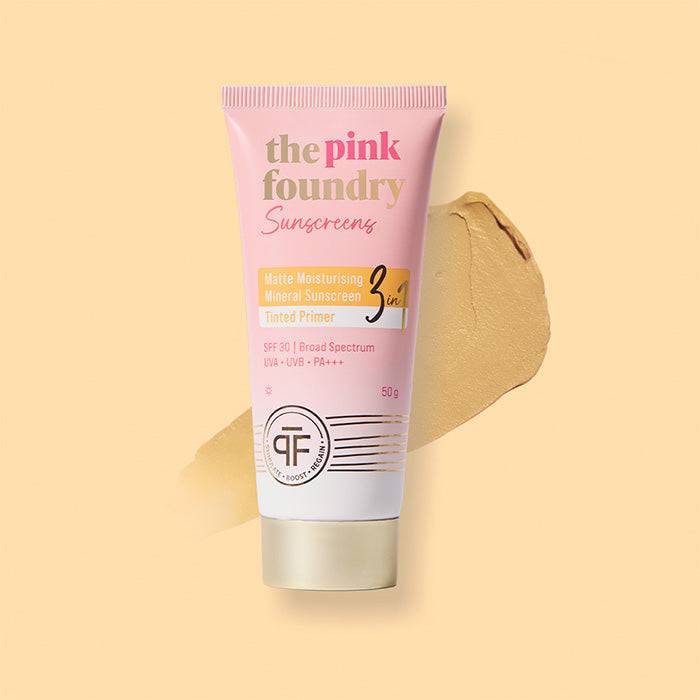
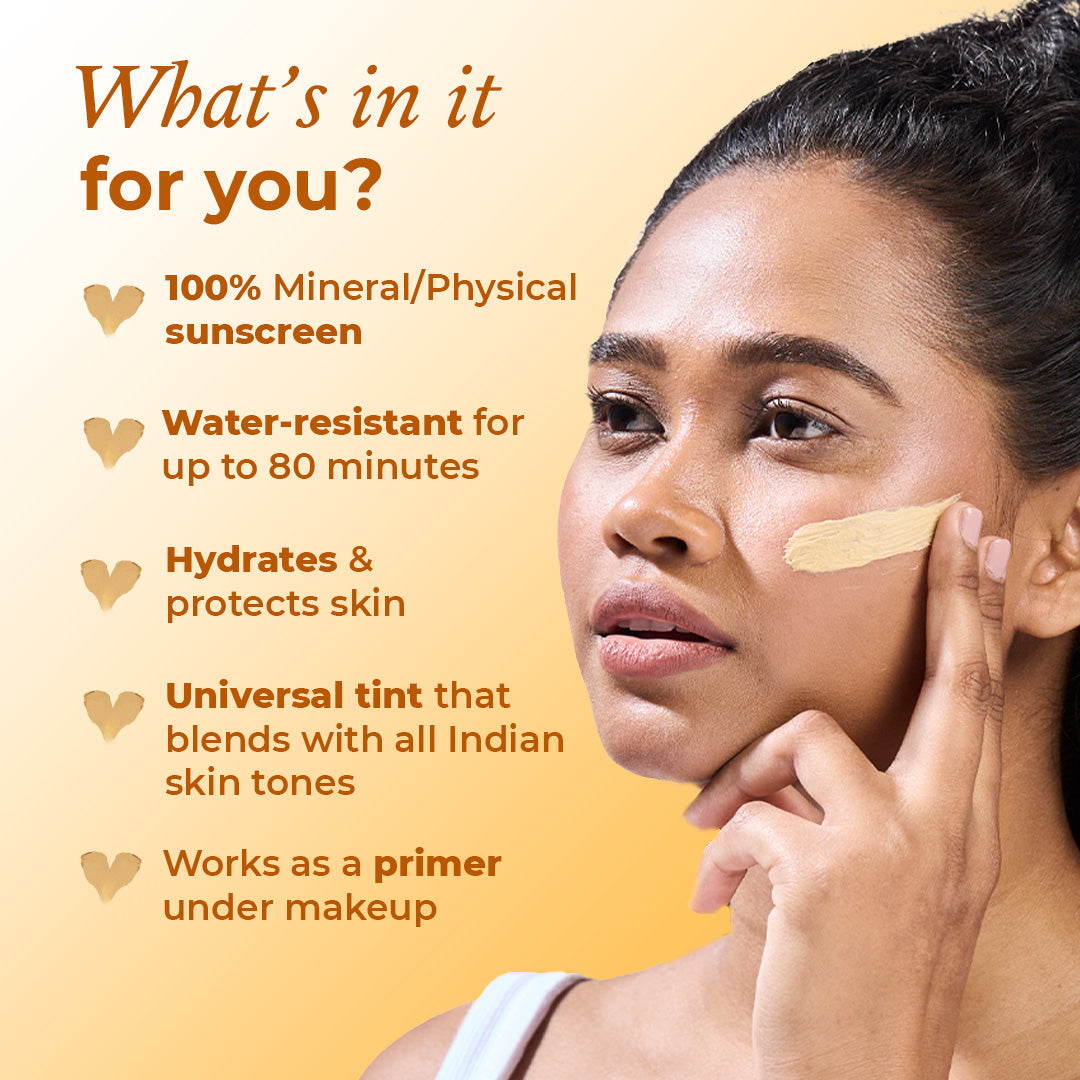



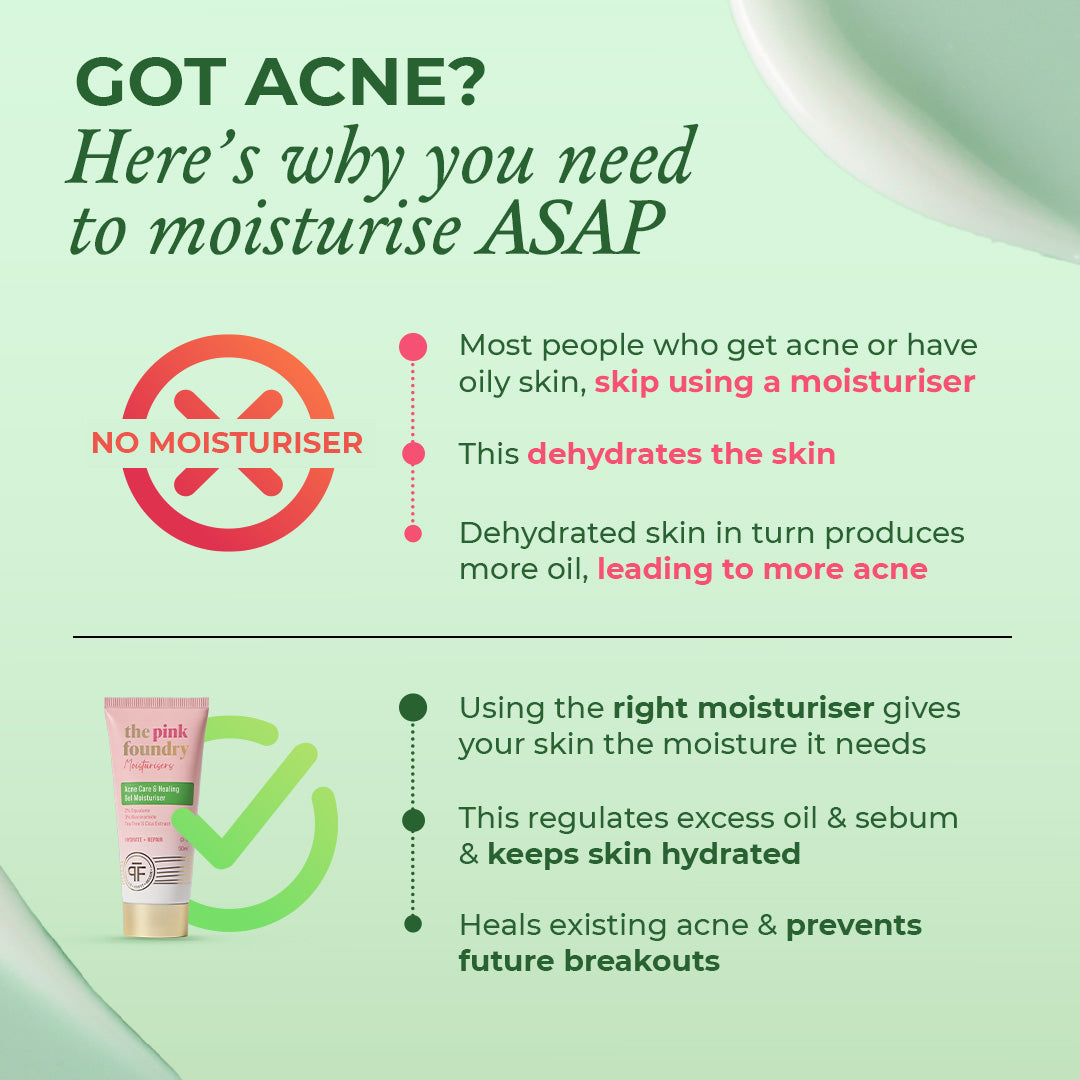
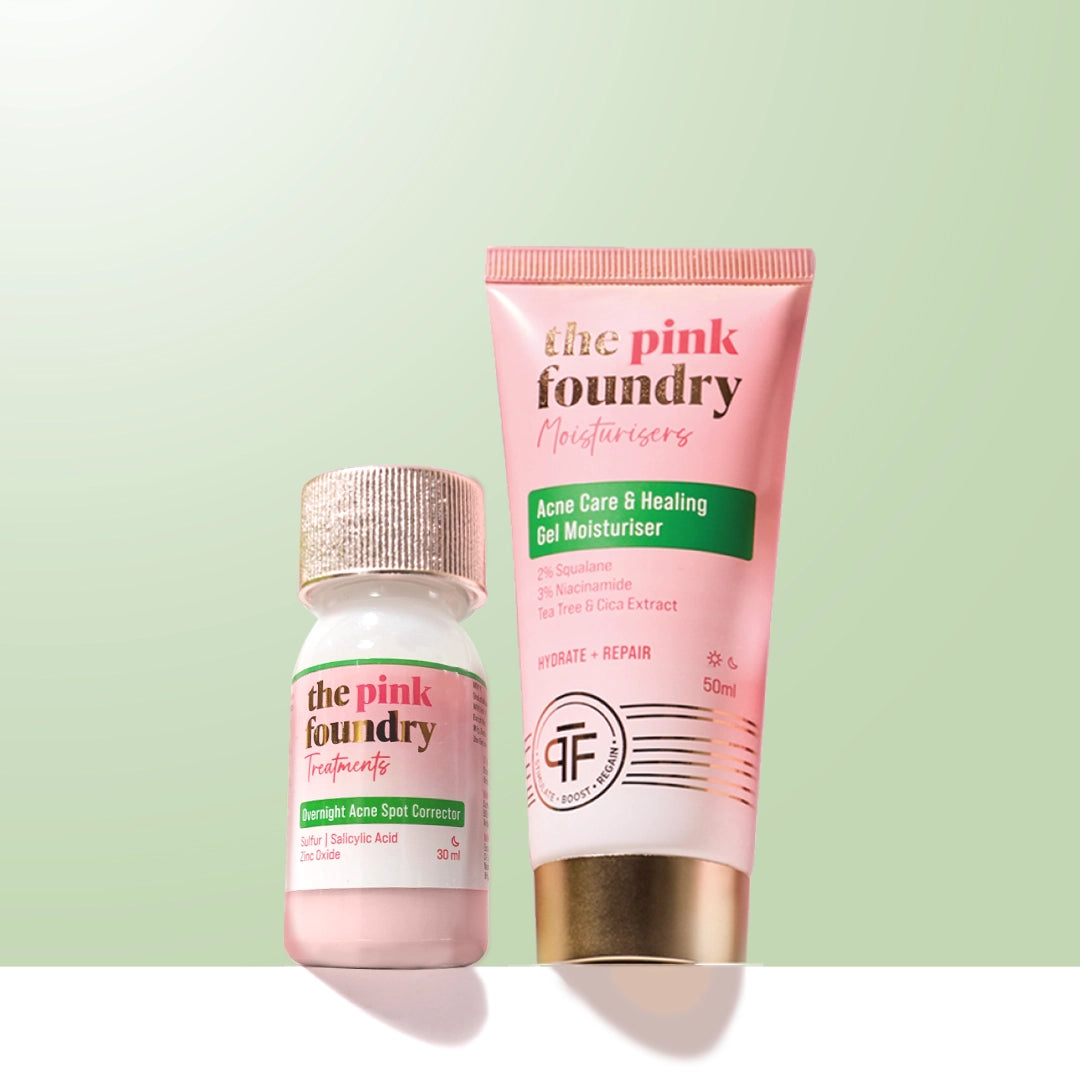
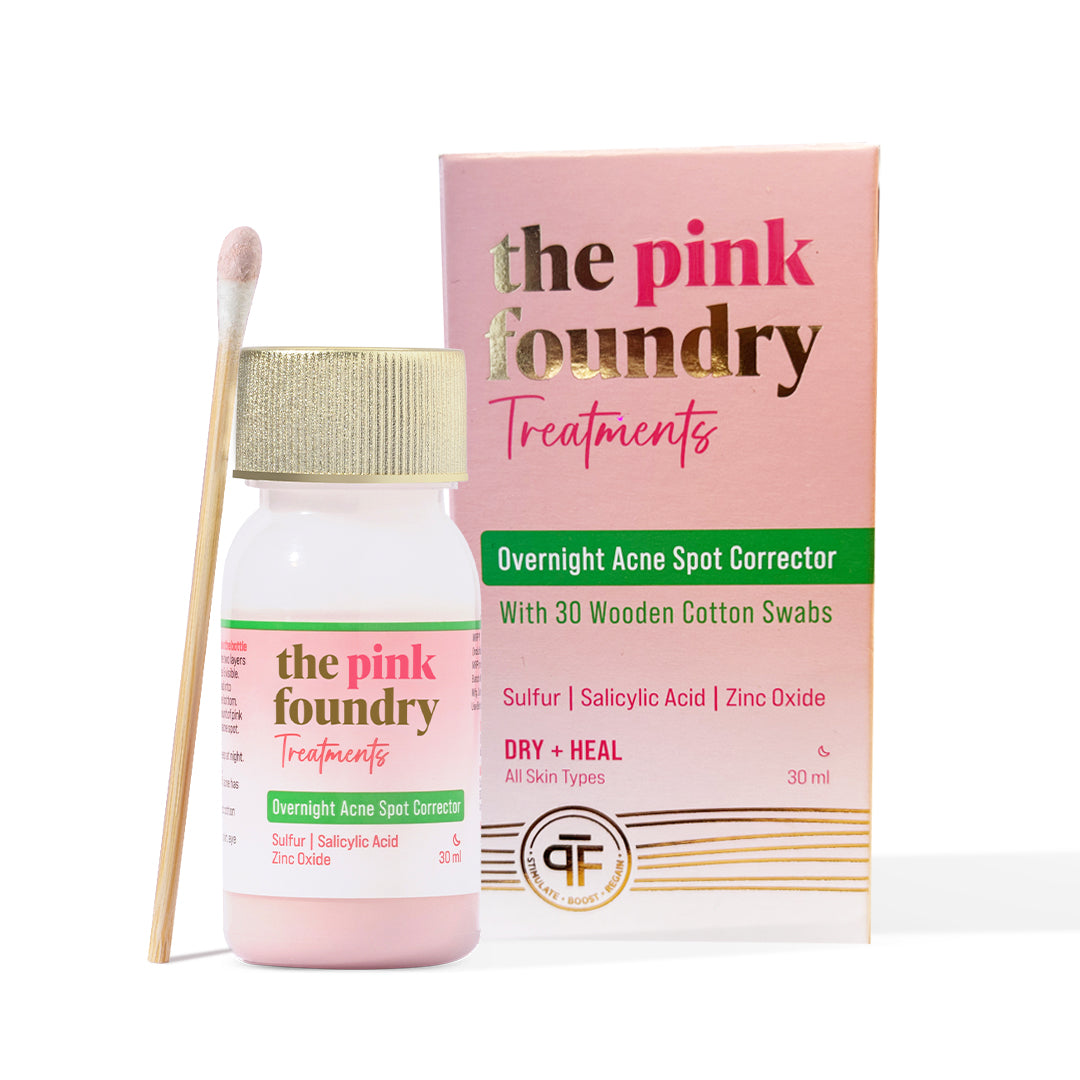
Leave a comment
This site is protected by hCaptcha and the hCaptcha Privacy Policy and Terms of Service apply.